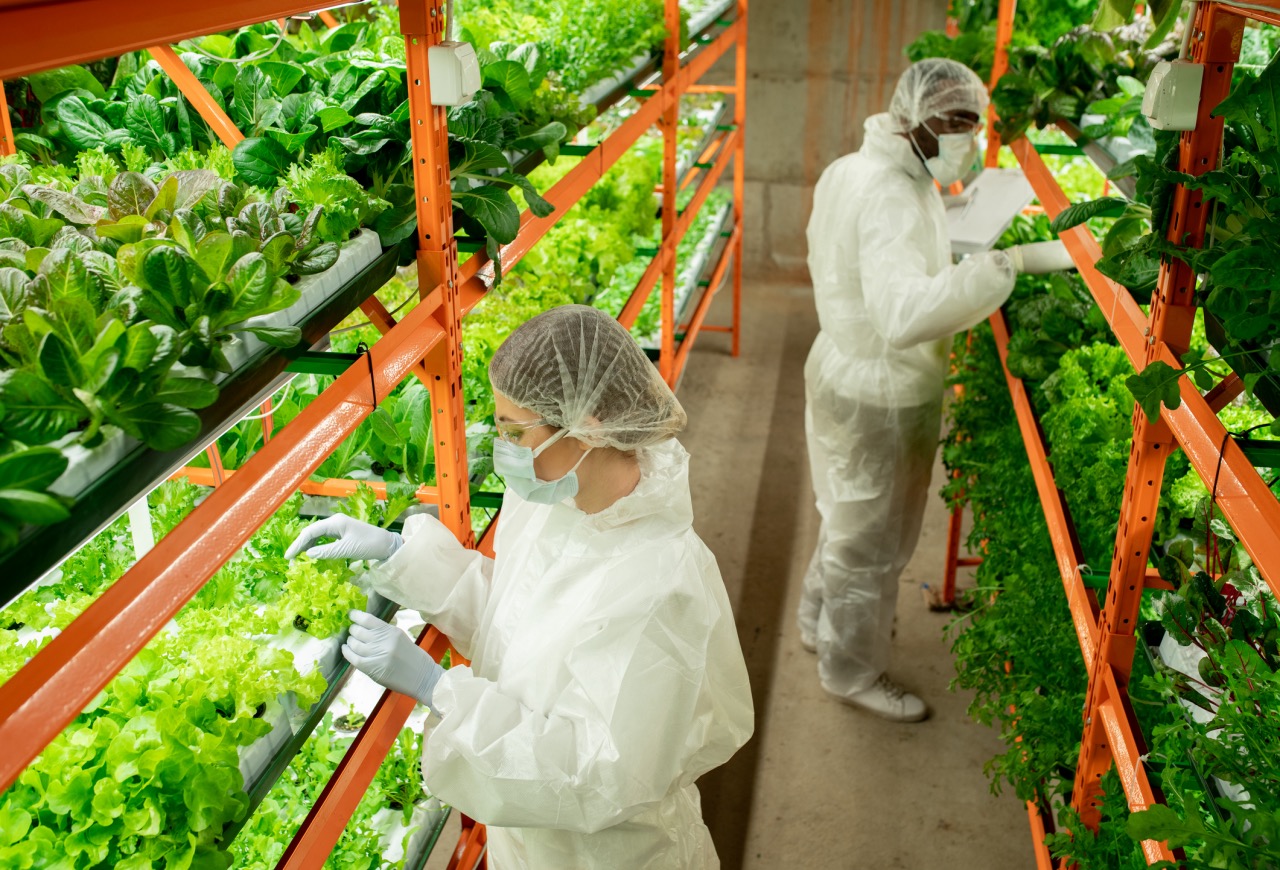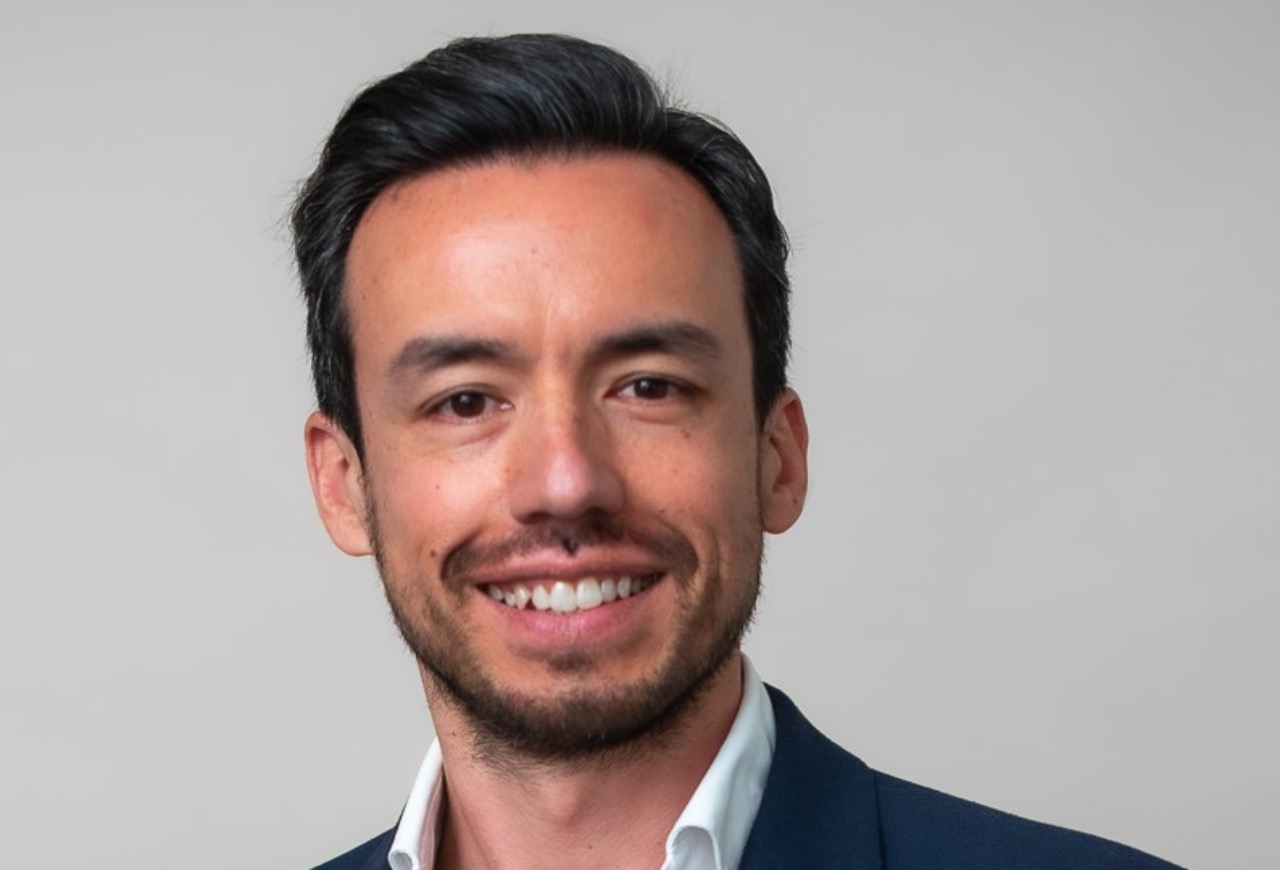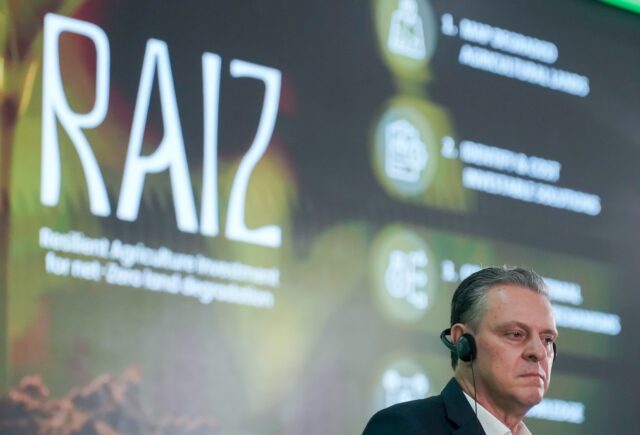Gresham House’s sustainable infrastructure fund announced higher than predicted investment returns thanks to higher valuations in sectors such as vertical farming, digital infrastructure and battery storage

In brief
- Gresham House’s sustainable infrastructure fund has declared a much higher than predicted investment return
- Higher valuations in vertical farming, digital infrastructure and battery storage all contributed
- Peter Bachmann argues this is an inflexion point in impact investing, “where impact is now driving returns”
Gresham House, the specialist alternative asset manager, has just shared its inaugural performance update for its dedicated sustainable infrastructure strategy – BSIF 1. The fund which closed in 2020 at £300m, is currently delivering a 21% gross internal rate of return (IRR), more than double its target IRR.

In a previous interview with Impact Investor, Peter Bachmann, head of sustainable infrastructure at Gresham House, said he wanted investors to throw away “an outdated concept of infrastructure investment” and embrace sustainable infrastructure which he described as “the most important new asset class”.
Commenting on the strong returns announced last week, Bachmann explains they are the results of three different things “Firstly, there has been a very positive valuation uplift in the vertical farming business, reflecting valuations placed on similar businesses especially in the States.”
Secondly, he says Gresham House’s investment in digital businesses at an early stage is now paying off “as the importance of digital inclusion is leading to valuation uplifts there”.
And finally, Gresham House’s Energy Storage Fund (GRID) fund is seeing “major appreciation as the need for improved energy storage has become urgent”.
Bachmann argues: “There is a lot of value still to be had. As this new asset class, sustainable infrastructure, reaches maturity there will be significant yield compression. We are at an inflexion point in the impact investing industry where impact is now driving returns. It is no longer necessary to sacrifice return to invest for good.”
Levelling up
One new element in Gresham House’s overall strategy is to highlight the opportunities presented by the UK government’s ‘Levelling up’ agenda which is seeking to reduce regional disparities. Bachmann says the government is requesting that 5% of all UK local authority pension fund money directed to regional projects.
And because Gresham House tends to be involved in medium size projects of less than £50m, Bachmann feels their strategy lends itself well to this agenda. “Ours is the first regionally-focused fund to be fully invested and we are employing 1,400 people now. That’s a significant contribution to local economies.”
Going forwards, Bachmann sees “another sub-asset class emerging – natural habitat”. He is working with Environment Bank, transforming more than 4,000 hectares of non-arable land into protected natural habitat.
Bachmann highlights other projects such as Waste Knot’s plant in Middlesborough which is taking 300,000 tonnes of non-organic waste from landfill and turning it into pellets to replace coal used for cement and steel production, and Life Cycle Oils and Living Fuels which processed over 2m litres of used cooking oil to produce sustainable biofuels last year.
Bachmann says his various businesses have a pipeline of capital needs he estimates at some £1.8 bn. His second fund, BSIF 2 will have several closes this year and has a target raise of £500 million.
Investors hailed the ‘proof of concept.’ Glyn Caron, chair of the Committee, Greater Gwent (Torfaen) Pension Fund said: “The Gresham House team’s modern approach to infrastructure has given us access to exciting and meaningful investment opportunities.”






